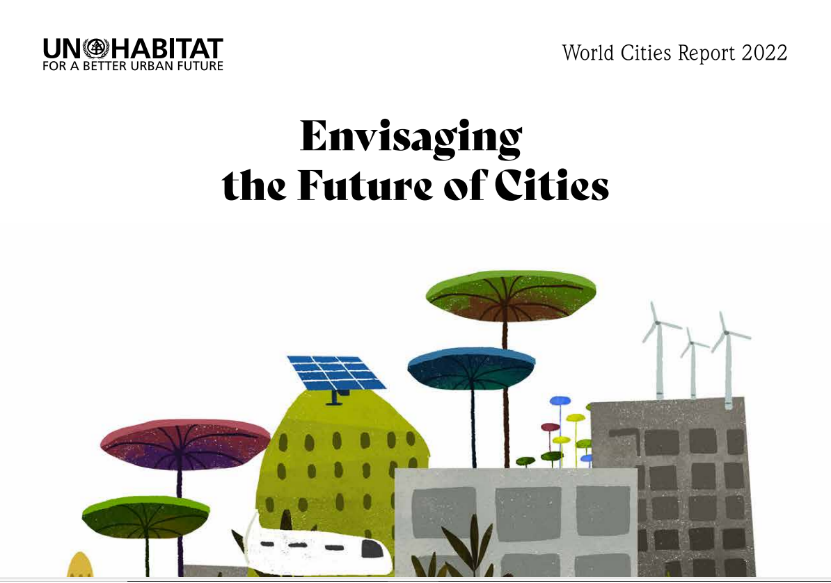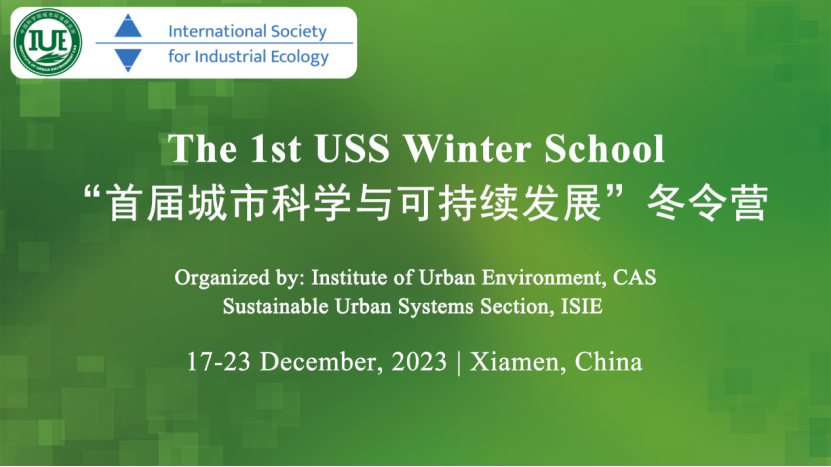Urban Futures: Towards a Science of Cities for Resilience and Sustainability
Prof. McPhearson
21:30-23:00, Feb 11 2022, CST; 08:30-11:30, Feb 11 2022, EST
Video for the presentation.
Prof. McPhearson is Director of the Urban Systems Lab and studies the ecology in, of, and for cities to advance resilience, sustainability, and equity. He is an influential interdisciplinary urban scientist, an IPCC Lead Author, and member of the World Economic Forum Global Commission on BiodiverCities. His books Urban Planet and Resilient Urban Futures are widely read, and his new book Nature-based Solutions for Cities will be out in 2022. In 2019 he was awarded the Sustainability Science Award and the Innovation in Sustainability Science Award by the Ecological Society of America.
Abstract
The scale, pace, and intensity of human activity on the planet is driving global biodiversity and ecosystem decline and fundamentally altering earth’s climate system in ways that threaten stability, resilience, and sustainability of local and regional urban systems. As urbanization and climate change continue a collision course, it is vital to develop a science of cities that can understand, manage, and transform complex urban social-ecological-technological systems (SETS) for sustainability and resilience. Developing a convergent urban systems science has potential to advance our ability to understand and plan complex urban and regional systems, enable leveraging Big Data, AI, modeling, and data visualization, and enable new opportunities to improve decision-making by bringing science, planning and design together to chart pathways to the future we want. Prof. McPhearson will introduce the SETS Conceptual Framework and provide examples to demonstrate how new emerging data, modeling, and analysis can be harnessed to drive more transformative urban governance.
Recent Publications
1. McPhearson, Timon, Niki Frantzeskaki, and Nadja Kabisch. A modern guide to urban nature-based solutions. Ed. Edward Elgar (in contract, expected publication 2021).
2. Hamstead, Zoé, David Iwaniec, Timon McPhearson, Marta Berbés-Blázquez, Elizabeth Cook, Tischa Muñoz-Erickson. 2021. Resilient Urban Futures, Springer-Nature.
3. Elmqvist, Thomas, Xuemei Bai, Niki Frantzeskaki, Corrie Griffith, David Maddox, Timon McPhearson, Sue Parnell, Paty Romero-Lankao, David Simon, and Mark Watkins (eds). 2018. Urban Planet: Knowledge toward sustainable cities. Cambridge University Press. ISBN: 9781107196933.https://doi.org/10.1017/9781316647554
4. Pelling, M., Chow, W. T. L., Chu, E., Dawson, R., Dodman, D., Fraser, A., Hayward, B., Khirfan, L., McPhearson, T., Prakash, A., & Ziervogel, G. (2021). A climate resilience research renewal agenda: learning lessons from the COVID-19 pandemic for urban climate resilience. Climate and Development, 1–8.https://doi.org/10.1080/17565529.2021.1956411
5. Lin, B. B., Ossola, A., Alberti, M., Andersson, E., Bai, X., Dobbs, C., Elmqvist, T., Evans, K. L., Frantzeskaki, N., Fuller, R. A., Gaston, K. J., Haase, D., Jim, C. Y., Konijnendijk, C., Nagendra, H., Niemelä, J., McPhearson, T., Moomaw, W. R., Parnell, S., ... Tan, P. Y. (2021). Integrating solutions to adapt cities for climate change. The Lancet Planetary Health, 5(7), e479–e486.https://doi.org/10.1016/S2542-5196(21)00135-2



